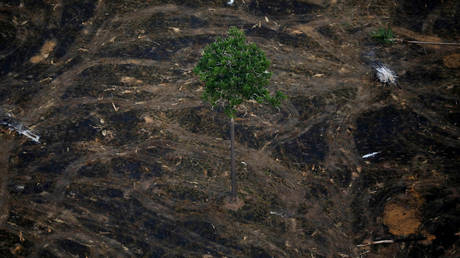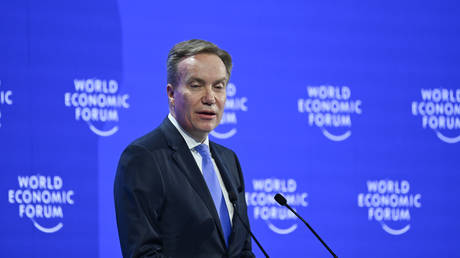
The world experienced a “climate emergency” in 2020, as deforestation increased 12% on the previous year, despite the global slowdown caused by the Covid pandemic, according to a newly released report by Global Forest Watch (GFW).
The research, gathered using satellite data, showed that throughout 2020, huge fires caused by the effects of climate change and continued deforestation, destroyed 4.2 million hectares of primary forest.
Brazil was the worst impacted area, losing 1.7 million hectares of primary forest alone, three times greater than the next highest nation, the Democratic Republic of the Congo, which saw 490,000 hectares wiped out.
Frances Seymour, from the World Resources Institute (WRI), which runs the GFW, declared that the level of deforestation is a “climate emergency,” stating that the findings are “a biodiversity crisis, a humanitarian disaster, and a loss of economic opportunity.”
Nature has been whispering this risk to us for a long time. But now she is shouting.
While the Covid pandemic did have some impact, the report outlines how it failed to significantly reduce the destruction of forest landscapes and the natural world.
Researchers fear that attempts to boost economic growth post-pandemic, as nations seek to recover financial losses, could see deforestation accelerate even further, suggesting the 2020 report is sending an “ominous signal” about what is to come.
GFW monitors forest cover using web applications, satellite technology and user-gathered information, to provide real-time information on and insights into the impact of the changing environments.
Think your friends would be interested? Share this story!




